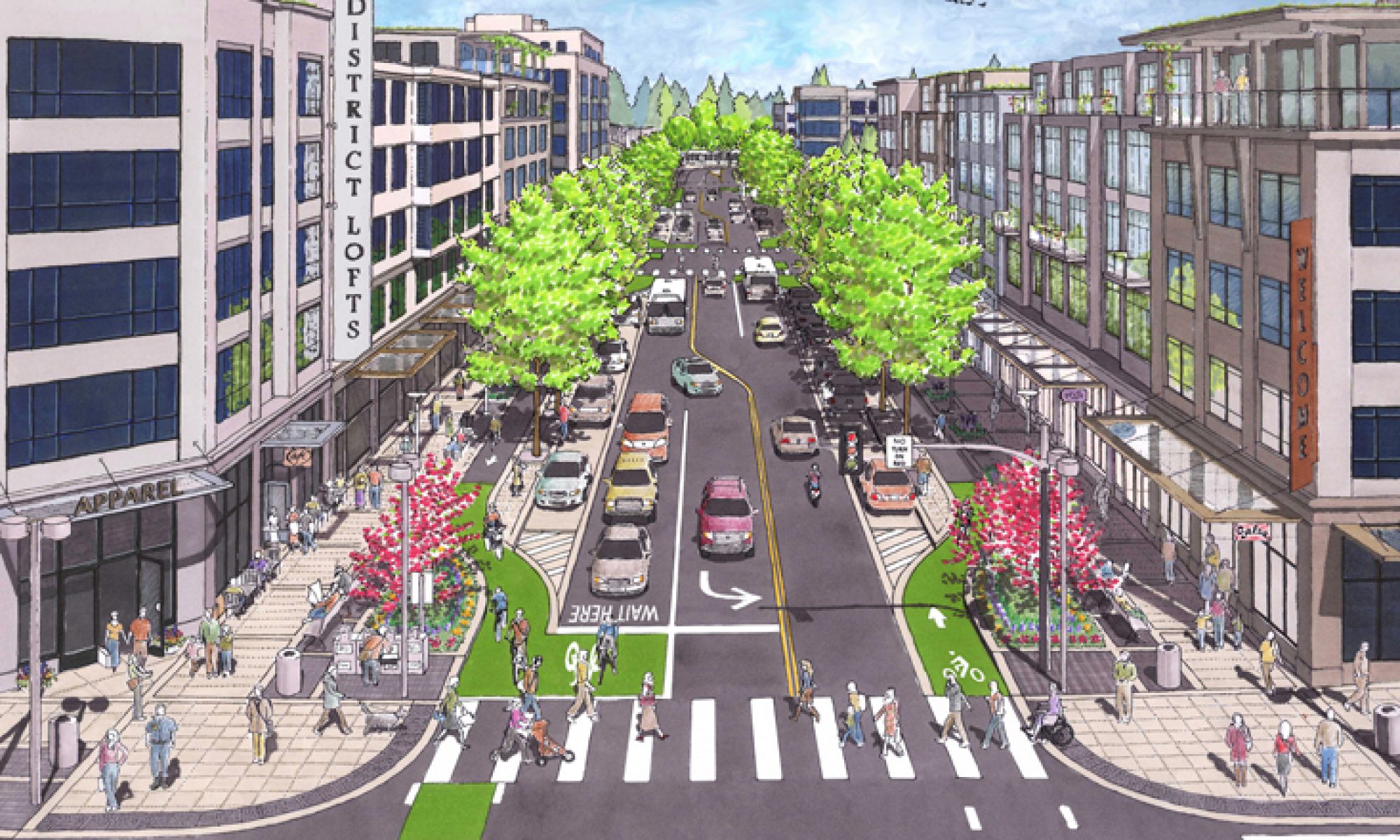City leaders all over the world are establishing measures to permanently maintain the improvements to the environment by creating ways for people to get around without cars. Asbury Park can do this.
“Action needs to be taken now which will help people move around without the congestion, pollution and ill-health that comes with car use now and after lockdown is lifted.”
“…the recovery from the Covid-19 crisis could be “a catalyst for long-lasting change in the way we live and travel, especially in towns and cities. What Covid-19 has also done is to highlight the crossovers between the quality of our places, public health, economy, transport, education, air quality and social justice.”
 City leaders aim to shape green recovery from coronavirus crisis
City leaders aim to shape green recovery from coronavirus crisis
Cities around the world are already planning for life after Covid-19, with a series of environmental initiatives being rolled out from Bogotá to Barcelona to ensure public safety and bolster the fight against climate breakdown.
Mayors from cities in Europe, the US and Africa held talks this week to coordinate their efforts to support a low-carbon, sustainable recovery from the crisis as national governments begin to implement huge economic stimulus packages.
Many cities have already announced measures, from hundreds of miles of new bike lanes in Milan and Mexico City to widening pavements and pedestrianising neighbourhoods in New York and Seattle.
Here’s a start Asbury Park!
Seven things city leaders can do to drive a green, fair recovery from Covid-19
- Remove through motor traffic from residential streets and extend pavements near shops, schools and parks to make walking safe and enjoyable for transport and exercise.
- Introduce safe access routes on foot, bike and scooter from homes to parks and green spaces and introduce automatic pedestrian lights at crossings so people do not have to push buttons and risk infection.
- Establish safe cycle routes to and from work for key workers, especially hospital staff, by closing roads and carriageways where necessary so people have a safe alternative to private cars and public transport.
- Create safe walking and cycling routes to and from schools, and close down streets around schools to motor vehicles at drop-off and pickup times.
Read more:





